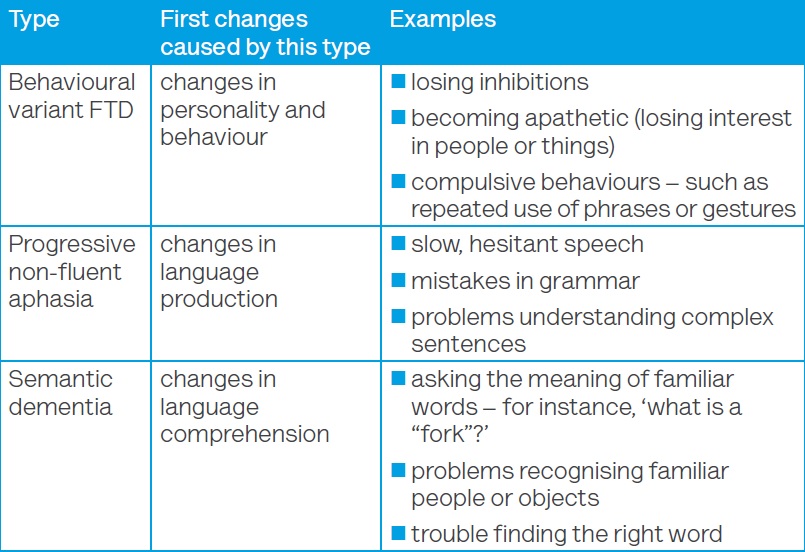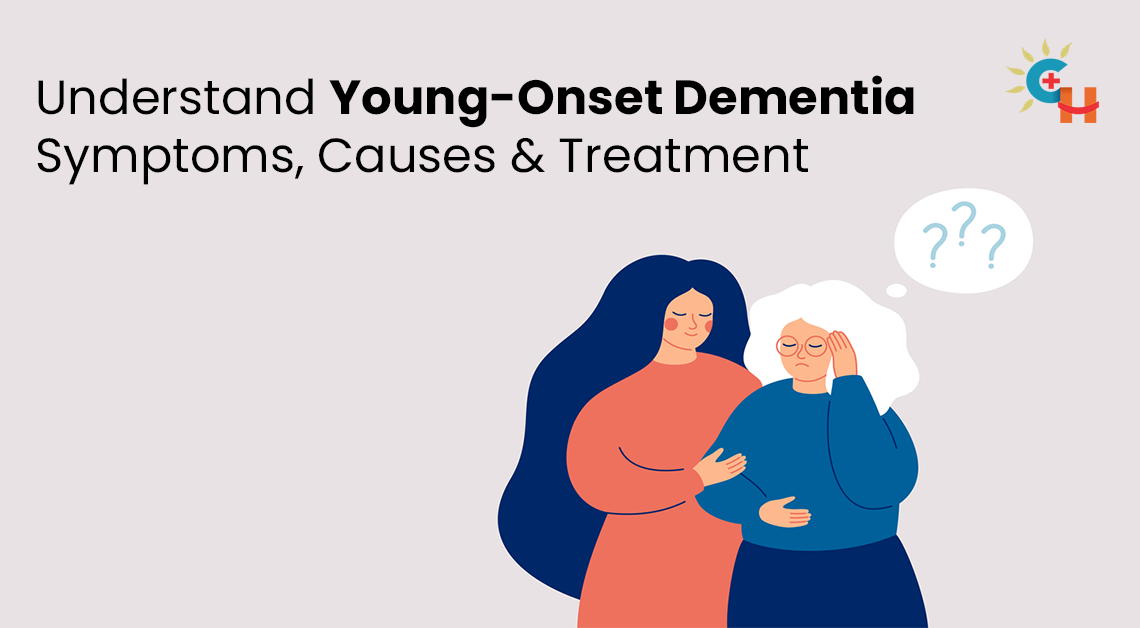The Link Between Fall Risk and Cognitive Decline Explained
The Link Between Fall Risk and Cognitive Decline Explained
Blog Article
Understanding the Influence of Mental Deterioration on Every Day Life and Caregiving
Dementia affects day-to-day live in extensive methods, affecting not simply those detected yet additionally their caretakers. As cognitive decline progresses, you might notice adjustments in interaction and regular that obstacle both events. Comprehending these shifts is important for keeping self-respect and interaction. Exactly how do you adjust your caregiving methods to support a person traversing this complicated trip? The responses may shock you as we explore the subtleties of this experience.
The Phases of Dementia and Their Impacts on Day-to-day Live
As you browse the journey of mental deterioration, comprehending its phases can markedly influence how you manage day-to-day live. Mental deterioration generally advances via three main phases: early, middle, and late. In the beginning, you may observe periodic memory gaps or difficulty finding the best words. This can cause irritation, yet recognizing these signs early helps you adapt your routine and seek support.
Throughout the center phase, you'll experience a lot more obvious cognitive decrease. Daily jobs may end up being difficult, and keeping your freedom might require adjustments. Making use of suggestions and streamlining your setting can aid.
In the late phase, individuals typically require considerable help with day-to-day activities. Preparation for treatment comes to be essential, concentrating on comfort and lifestyle. By comprehending these stages, you're much better geared up to react proactively, ensuring you or your loved one can navigate the difficulties with self-respect and elegance.

Modifications in Interaction and Social Communication
Exactly how do adjustments in interaction impact your everyday interactions as dementia progresses? As mental deterioration breakthroughs, you may discover that easy conversations come to be tough.
You may find it easier to attach with these ways rather than counting exclusively on spoken language. Listening abilities can likewise change; you could discover it harder to adhere to discussions or keep in mind what was just claimed (Fall Risk). This can bring about misunderstandings or feelings of seclusion
Urging persistence and developing a supportive setting can assist. Participating in activities that cultivate link, like music or art, can improve social communications. Remember, preserving partnerships is still possible; it's nearly adapting to new methods of connecting.
Effect On Daily Routines and Activities
While navigating day-to-day routines, you'll likely observe that jobs you once completed effortlessly ended up being extra challenging as dementia proceeds. Simple activities like food preparation, clothing, or even bathing might need even more effort and time. You may discover on your own forgetting steps in acquainted regimens or struggling to remember where you positioned items. This can result in stress not just for you, but likewise for those around you.
Planning your day can feel frustrating, making it more challenging to stick to a timetable. You might need pointers for visits or to take medications. Adjusting your environment can aid; for instance, identifying items or utilizing checklists can simplify tasks. Taking part in repetitive, organized tasks can likewise supply convenience and a sense of accomplishment. Bear in mind, it's fine to request help. Bordering on your own with helpful good friends or household can make managing these changes a little bit much easier.
Psychological and Behavioral Difficulties
Steering via everyday regimens can bring around not just functional challenges, yet behavioral and likewise emotional ones. You may notice adjustments in mood, such as raised stress and anxiety or disappointment, which can come from complication or trouble in completing jobs. As you navigate these moments, it is essential to acknowledge that your enjoyed one may reveal their sensations through habits like agitation or withdrawal.
These emotional feedbacks can be unpredictable and might emerge without warning, leaving you both sensation bewildered. You might discover that acquainted environments or routines can aid decrease anxiousness, but preserving perseverance becomes considerable. It is very important to verify their sensations, even if you don't completely recognize them.
The Role of Caregivers in Supporting People With Mental Deterioration
As a caretaker, you play an essential function in giving emotional support for individuals with dementia. Establishing everyday treatment regimens can develop a feeling of security and convenience, helping to ease their anxiety. By comprehending their requirements and utilizing efficient methods, you can significantly check this site out enhance their high quality of life.
Emotional Support Techniques
When caring for someone with mental deterioration, comprehending the emotional landscape is crucial for supplying efficient support. Straightforward gestures, like holding their hand or maintaining eye get in touch with, can create a feeling of safety. Ultimately, do not forget to take treatment of your own psychological needs; looking for support for yourself can boost your capability to care for them.
Daily Treatment Routines
Establishing day-to-day care regimens is important for giving stability and convenience to people with dementia, as these routines can aid decrease complication and anxiety. You can start by outlining a constant timetable for dishes, tasks, and remainder. This predictability aids your liked one really feel much more safe and involved.
Incorporate acquainted jobs, like folding laundry or watering plants, which can stimulate favorable memories and promote a sense of accomplishment. Usage visual hints, such as lists or schedules, to direct index them through the day.
Be versatile, though; adjust regimens as required based on their state of mind or power degrees. Frontotemporal Dementia. Remember, your persistence and understanding are important in navigating their changing requirements, guaranteeing they feel sustained and valued throughout their everyday life
Creating a Safe and Comfortable Living Atmosphere
Creating a comfy and safe living setting is important for individuals with dementia. You'll intend to make home security adjustments that reduce dangers and assure knowledge to give a feeling of convenience. By concentrating on these aspects, you can help create a room that sustains both safety and security and health.
Home Safety And Security Alterations
As you browse the obstacles of mental deterioration, making home security adjustments can considerably improve comfort and safety and security. Start by removing tripping threats like carpets and clutter, ensuring pathways are clear. Install grab bars in restrooms and non-slip mats in the shower to protect against drops. Think about utilizing brighter lighting and evening lights to enhance visibility, especially throughout nighttime. Label important locations, such as the shower room and kitchen area, with clear signs to aid with positioning. Secure any kind of sharp items or harmful substances unreachable. Furthermore, assess your home's locks and alarm systems to verify they're straightforward and supply peace of mind. These modifications not just promote safety yet likewise encourage independence, allowing your loved one to really feel even more at ease in their atmosphere.
Convenience and Experience
After making sure a secure setting with essential adjustments, fostering convenience and knowledge is essential for people with dementia. Maintain a consistent routine to help them feel grounded and lower anxiety. Engaging in acquainted tasks, such as listening to songs or horticulture, can boost their feeling of belonging, making their living environment a true shelter.
Techniques for Efficient Caregiving and Assistance
While navigating the difficulties of mental deterioration care can really feel frustrating, implementing reliable methods can considerably boost both the caretaker's and the patient's everyday experience. Begin by establishing a regimen; predictability helps minimize anxiety for both you and your loved one. Usage clear, simple interaction-- straight concerns and brief sentences can avoid confusion.

Do not forget to look after yourself; timetable breaks and connect with support groups. Sharing experiences with others in similar circumstances can offer important insights and emotional alleviation.
Finally, continue to be person and versatile. Dementia can bring uncertain changes, so adjusting your technique is crucial. By employing these methods, you can promote an extra favorable environment that profits both you and your enjoyed one.
Regularly Asked Questions

What Are the Various Kinds Of Dementia?
You'll review discover several types of mental deterioration, consisting of Alzheimer's, vascular dementia, Lewy body mental deterioration, and frontotemporal dementia. Each type impacts memory and cognitive feature differently, so understanding the distinctions is important for proper diagnosis and treatment.
How Can I Assist Somebody With Early-Stage Mental Deterioration?
You can assist someone with early-stage mental deterioration by holding your horses, offering support, and motivating them to participate in activities they appreciate. Keeping regimens regular and maintaining open interaction can also make a considerable difference in their every day life.
Are There Financial Resources Available for Mental Deterioration Treatment?
Yes, there are funds offered for mental deterioration treatment. You can explore government support programs, not-for-profit companies, and insurance choices. It's additionally wise to get in touch with local firms for certain resources tailored to your situation.
What Legal Considerations Should Caregivers Know?
As a caretaker, you should think about power of attorney, health care proxies, and guardianship legislations. It's vital to comprehend the legal civil liberties and responsibilities you hold, guaranteeing your loved one receives ideal treatment and security.
Just How Can I Deal With Caregiver Stress And Anxiety?
You can handle caretaker anxiety by focusing on self-care, seeking support from teams or good friends, establishing practical expectations, taking breaks, and exercising leisure strategies. Keep in mind, your well-being matters simply as much as the individual you're taking care of.
Understanding the Impact of Dementia on Daily Life and Caregiving.
As you browse the journey of dementia, comprehending its phases can significantly impact how you manage everyday life.While maneuvering everyday regimens, you'll likely observe that tasks you when completed easily ended up being a lot more difficult as mental deterioration proceeds.Establishing day-to-day care routines is important for giving security and comfort to people with mental deterioration, as these regimens can assist decrease confusion and stress and anxiety.While maneuvering the challenges of mental deterioration treatment can really feel frustrating, applying efficient strategies can greatly enhance both the caregiver's and the client's daily experience.
Report this page